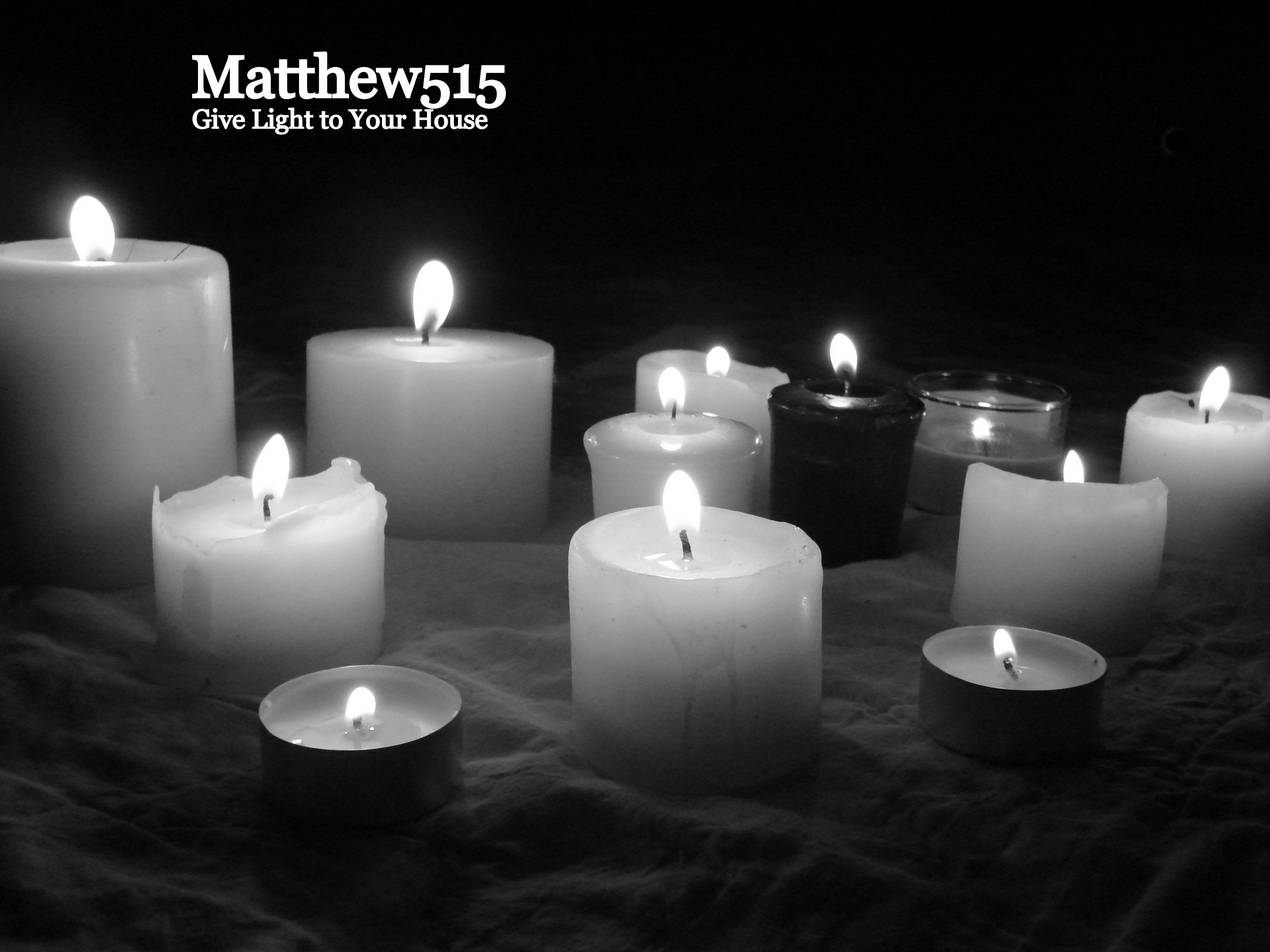 Although we sometimes use the words “happiness” and “joyful” interchangeably, I would argue that, spiritually speaking, there is an important difference. In the English language, the experience of happiness and the experience of joy are thought to be synonymous but by using the knowledge and discernment that the Holy Spirit gives us we can begin to understand some critical differences between the two.
Although we sometimes use the words “happiness” and “joyful” interchangeably, I would argue that, spiritually speaking, there is an important difference. In the English language, the experience of happiness and the experience of joy are thought to be synonymous but by using the knowledge and discernment that the Holy Spirit gives us we can begin to understand some critical differences between the two.
Joy, spiritually speaking, is always a result of being in a right relationship with God. It aligns closely with peace (the Bible calls it “peace that passes all understanding” because there is no natural explanation for this type of peace) and when the believer is yielded to the Spirit’s authority and direction then the believer experiences a deep, abiding joy and that peace which defies all rational explanation.
This joy persists despite the circumstances surrounding the believer and can be experienced even in times of tragedy or great sadness. This is in stark contrast to happiness as the world sees it, which is fleeting and temporary and will not stay with us in times of trouble or heartache. The believer’s goal should not be joy and peace, as much as we might want to posses them and experience them at all times. The believer’s goal should be to, at all times, be rightly related to God and to be filled with His Holy Spirit. When that happens we yield fruit for the Kingdom of God and joy and peace are given to us as a blessed result of our walking closely with our Creator and Savior. Christ is our aim and joy and peace are then produced in us.
Happiness is what we tend to strive for when left to our own devices and when God is not our first priority. The whole world is full of people who are seeking with everything they have just to be happy. You don’t have to look around very far to see the results of that search. In fact, the quote by C.S. Lewis which has been at the top right of this page states quite clearly what the search for happiness can cause when we take it to the extreme:
“And out of that hopeless attempt has come nearly all that we call human history—money, poverty, ambition, war, prostitution, classes, empires, slavery—the long terrible story of man trying to find something other than God which will make him happy.” – C.S. Lewis
The fact is, searching for happiness in our own strength and with our own efforts will always be, at best, able to provide us only a temporary improvement, and at worst, be damaging to ourselves and others as we selfishly try to carry out our own agendas. And as believers we must be mindful of the difference between seeking temporary happiness versus experiencing eternal joy and the choices that lead to both. Very often we must choose between doing what comes naturally (what the flesh wants and what is not led by the Spirit) that will make us happy for a moment or a day versus what comes only through the Spirit’s leading that will allow us to remain joyful and at peace with God.
This is a lifelong learning process and is part of becoming a mature follower of Christ. It is not achievable in a day or even in a year but it is something that all believers should strive for and should be mindful of as we seek to follow God’s will for our lives. The discernment and spiritual maturity to see through a choice and to know if it is Spirit led or not is our privilege as much as it is our responsibility. We have the privilege to be able to walk closely to God and to live lives that are abundant and full of joy and we have the responsibility of placing ourselves under the Spirit’s scrutiny to ensure that we are always on the right path.
Think of forgoing selfish happiness in favor of abiding joy as taking the high road that leads to a blessed eternity. The climb might be steeper and the path might be narrower but the rewards are infinitely greater and the destination is a place where sadness, pain, heartache, sickness, despair and even death itself do not exist but have been vanquished forever. This is the joy that waits for us if only we continue to trust and obey.









